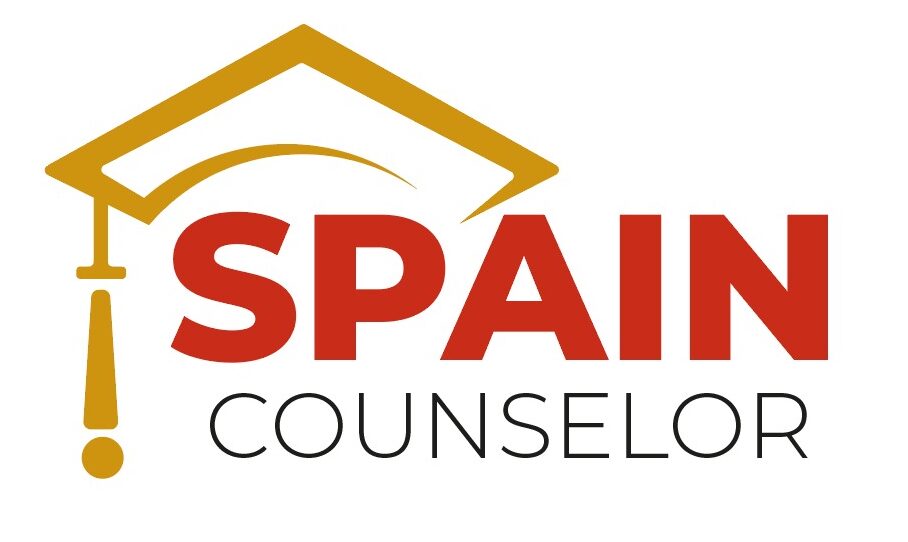By the words of several international organizations, Spain has been named the most sociable country in the world to live in, and the safest to travel alone safely throughout its territory. Spain is the country with the lowest gender violence in Europe and the third with the fewest murders per 100,000 inhabitants, and together with Italy, the country with the lowest suicide rates.
Spain is a world leader in organ donation and transplants, in assisted fertilization, in early cancer detection systems, in free universal health protection, in life expectancy only behind Japan, in social robotics, in wind energy, in editorial production, in maritime conservation, in water treatment, in clean energies, in blue flag beaches, in the construction of large high-speed rail infrastructures. Spain has a textile company called Inditex (consisting of famous chains like Zara, Bershka, Massimo Dutti etc.) that is studied as a business model in many foreign Business Schools. It also has the second best cuisine in the world.
Spain ranks 4th in the EU economy and 14th in the world, offering a direct connection with the practical needs of students.
Spain is one of the main academic destinations in the world and the first academic destination for European exchange students that participate in the Erasmus+ program. It is the third destination for foreigners doing their graduate studies in the world. in total, more than 100,000 people study an official master’s degree in Spain.
In addition, almost 20,000 students from Central and South America study in Spain, making it one of the main academic destinations for Latin Americans.
What five reasons drive international students to choose Spain as an academic destination?
1.- QUALITY OF THE SPANISH ACADEMIC DEGREES. Innovation and Technology
Spain has 3 of the 15 best business schools in the world, according to the Financial Times. According to QS Ranking:
6 Spanish universities are among the 50 best universities in the Young universities rank.
9 Spanish universities are among the 200 universities with the most employability in the world.
3 Spanish cities are among the 100 best cities to study in the world
12 Spanish universities among the 50 best in the world for specific disciplines.
2.- SCOPE AND EMPLOYABILITY OF THE SPANISH EDUCATIONAL DEGREES AND ITS RECOGNITION IN THE EUROPEAN HIGHER EDUCATION AREA (EHEA)
The wide range of official degrees from the 88 Spanish universities (50 public and 38 private) covers all areas of knowledge, hundreds of specializations, and is designed to respond to the needs of the of the current job market.
In addition, given Spain’s membership of the European Higher Education Area, official Spanish qualifications are recognized in the 48 countries of this area, including all 27 countries of the European Union, which helps students find a job afterwards.
3.- COST OF LIVING, QUALITY-PRICE OF HIGHER EDUCATION AND SCHOLARSHIPS TO STUDY IN SPAIN
The average tuition fee at Spanish universities is very competitive to international students, and there are multiple scholarship programs for foreigners who want to study in Spain.
4.- LIVING AND WORKING IN SPAIN… AND EUROPE
As a whole, Spanish universities offer more than 800 degrees taught totally or partially in English (English Taught Programs). Take advantage of living in Spain to practice your Spanish, the second most-spoken language in the world, giving you a comparative advantage when entering the job market.
Family, cultural and affective ties invite Ibero-American students to discover first-hand the history and culture shared on the other side of the Atlantic. On the other hand, to the quality of life in Spain, characterized by its climate, gastronomy, one of the lowest crime rates in the world and the Spanish character, joins the tourist and cultural wealth of the country, being the third country in the world with the highest number of UNESCO World Heritage declarations.
If students have passports from countries that belong to the Ibero-American Summit, with 2 years of effective residence after the end of their studies, work placements or with a work permit, they can obtain Spanish nationality by residence.
In addition, the ease of traveling around Spain, with its excellent public transportation options, and extensive road and rail network. For example, the High Speed Train (AVE) connects the more than 500 kilometers that separate Madrid and Barcelona in just two and a half hours.
For all of the above, it is not surprising that the World Economic Forum has considered Spain for the second consecutive year as the most competitive tourist destination in the world.
.
In addition, the low cost of living in Spain means that international students face significantly lower expenses than those of other academic destinations in America, Europe and Asia.
5.- STUDYING IN SPAIN IS VERY SIMPLE
1.- Consult the wide range of programs offered by the 87 Spanish universities in the Register of Universities, Centers and Degrees (RUCT) of the Spanish Ministry of Education, Culture and Sports.
2.- Once you have determined what you want to study and where, contact us to find out more about the admission requirements of the university or program concerned. Normally, among other requirements, Spanish universities usually ask for the homologation, equivalence or recognition of foreign degrees in Spain, or the validation of subjects, and obtaining the corresponding financing to study.
SPAIN Counselor is a collaborating entity of UNEDasiss and we will help you with the process free of charge.
3.- Once you have been admitted to the university concerned, and if you do not have EU nationality but your stay is longer than three months, you must apply for a study visa at the Diplomatic Representation of Spain in your country. Where appropriate, relatives of students can also apply for their corresponding visa at the Embassy.
4.- After you have successfully finished your studies in Spain, you can apply for the post-study work visa. This will give you a chance to stay in Spain up to one year after your studies and look for employment.
5.- If there is no reciprocal agreement, to validate your studies abroad you must proceed to the homologation of the official Spanish titles after graduation. This is not necessary if you want to work inside the European Union. It is recommended to check if your studies will need to be homologized after graduation or what conditions apply in your country concerned.
.
Thanks to the low costs of air or rail transport (Eurail, Interrail) in Europe, studying in Spain also gives you a chance to travel around and get to know more in Europe. Traveling by plane or train is a very attractive way of traveling for young people who want to have a complete European experience.










